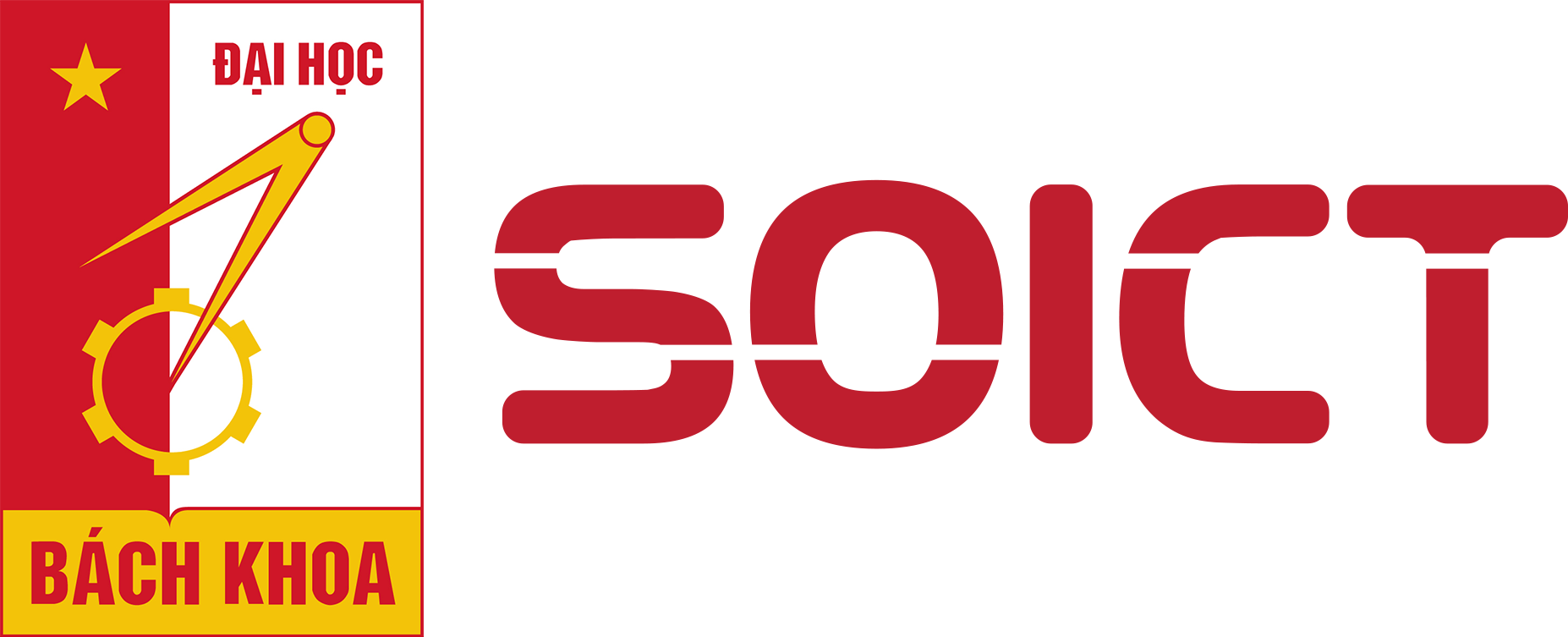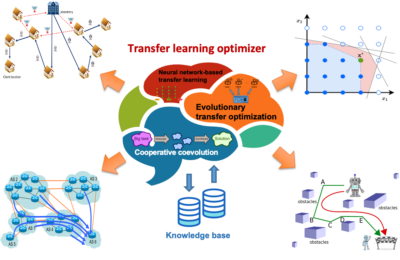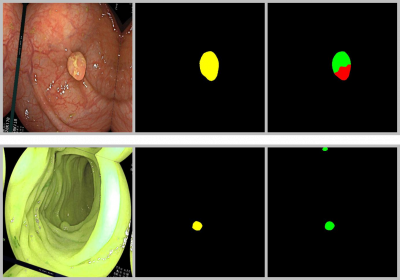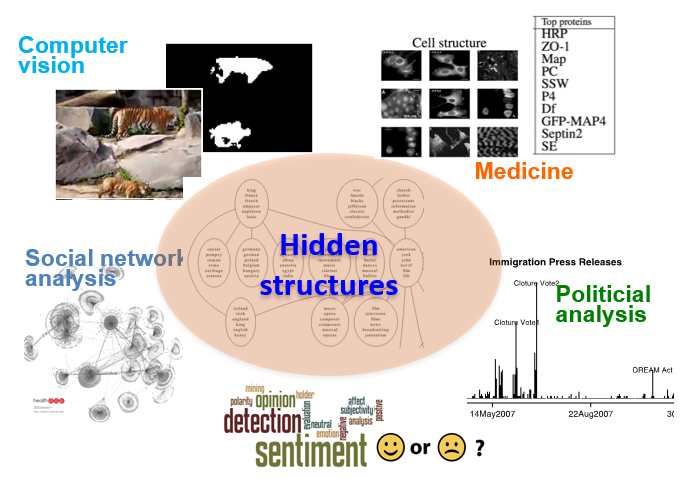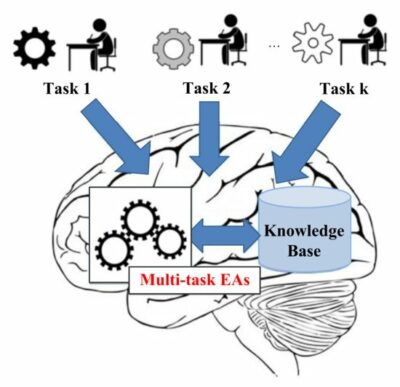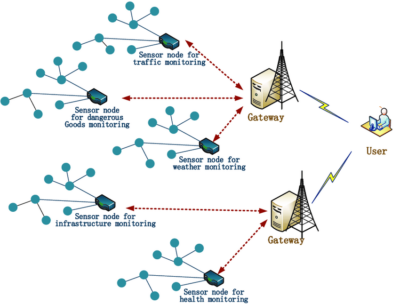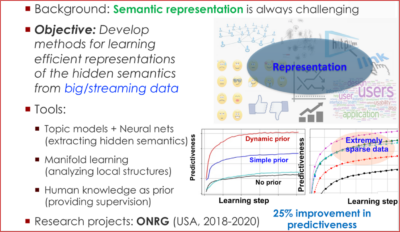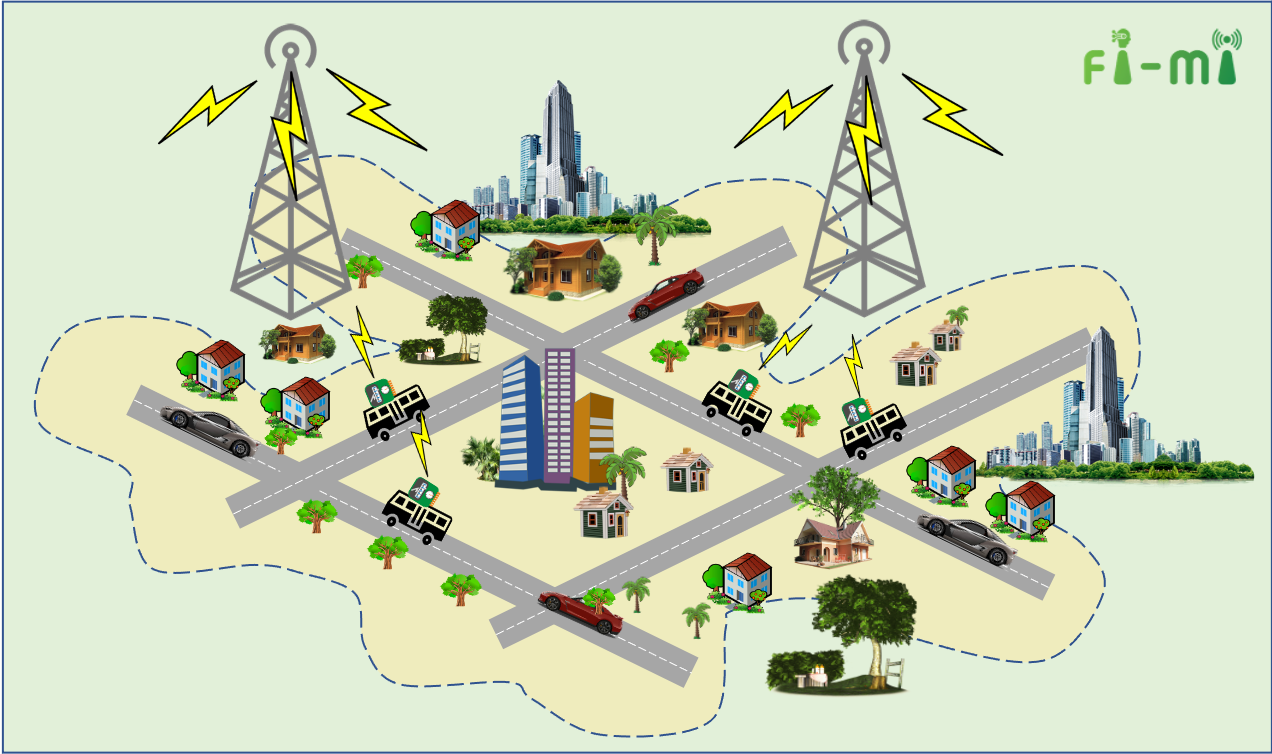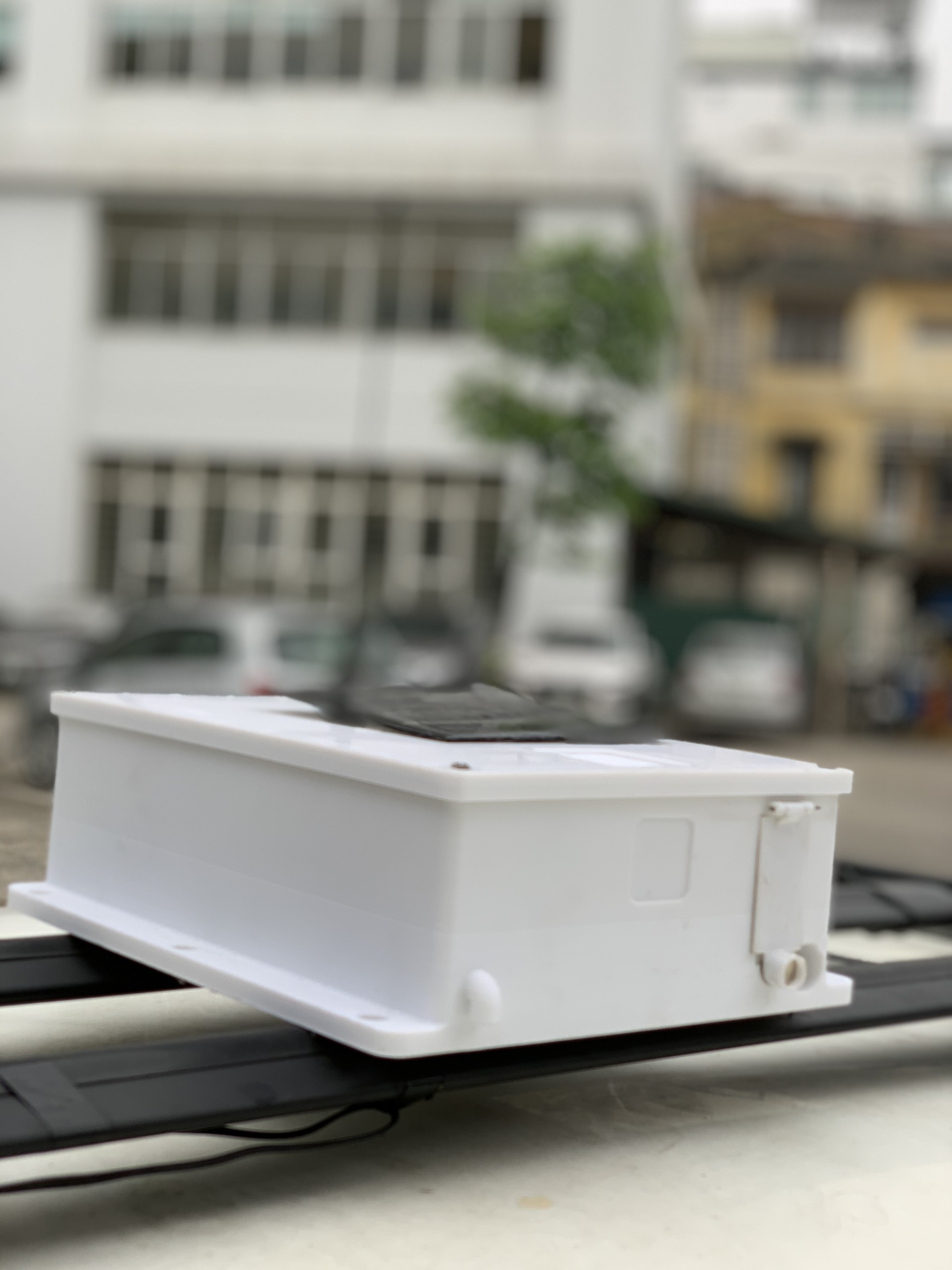Information
- PI: Dr. Nguyen Phi Le
- Time: 11/2020-10/2022
- Funding: Vingroup Innovation Foundation
- Code: VINIF.2020.DA09
- Main areas: IoT, Time Series Prediction, Sensor Network
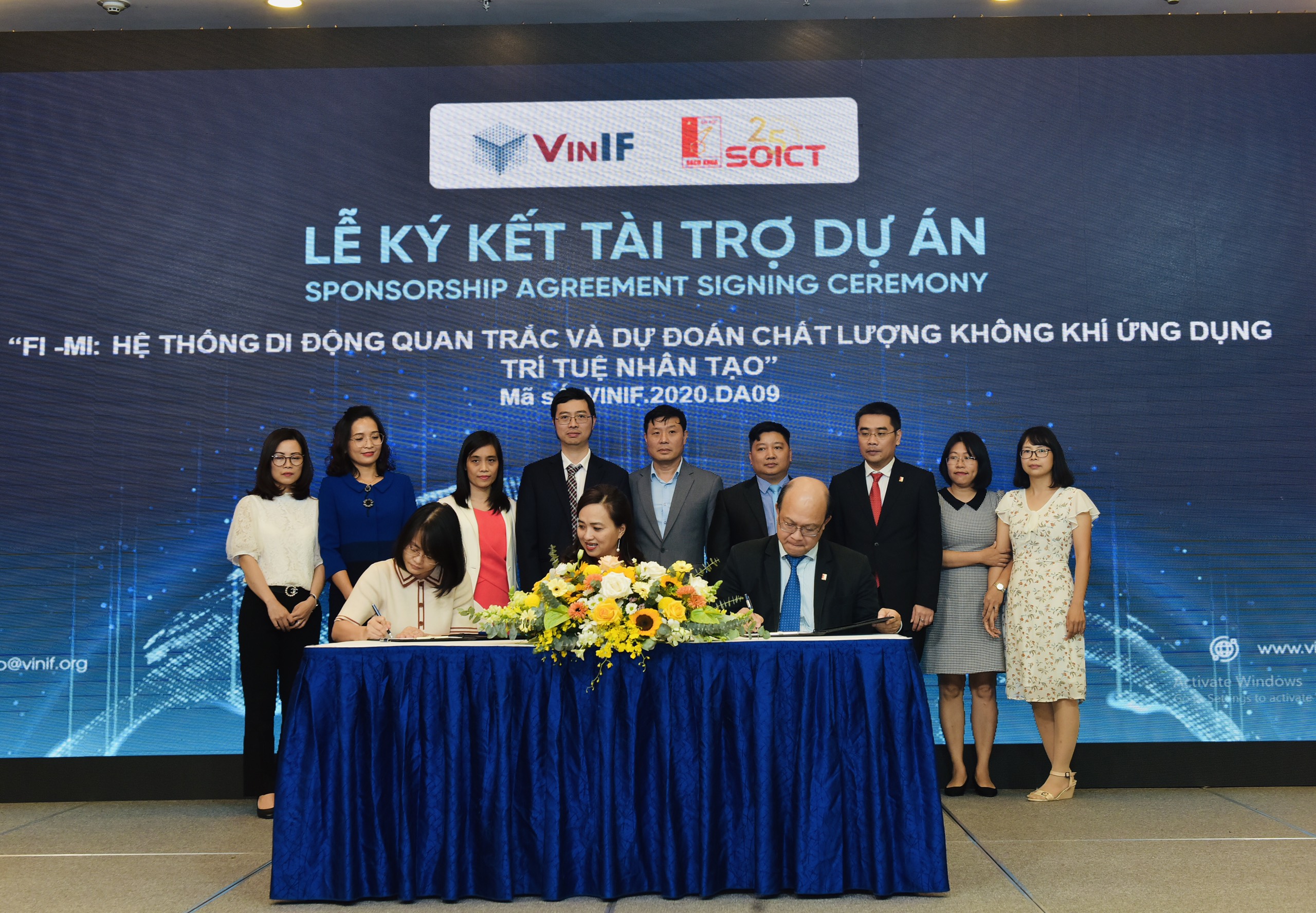
Intro
Fi-Mi is a project funded by VinIF, composed of HUST team (SoICT, SEE), Chiba University, and Wireless System R & D Laboratory, Toshiba. Fi-Mi relies on lightweight air quality monitoring devices mounted on the buses. On the one hand, by exploiting the buses’ dynamic and deep learning-based prediction techniques, Fi-Mi can broaden the monitoring regions and provide fine-grained air quality information. On the other hand, by utilizing cost-effective monitoring devices, Fi-Mi can significantly reduce costs compared to the existing approaches.
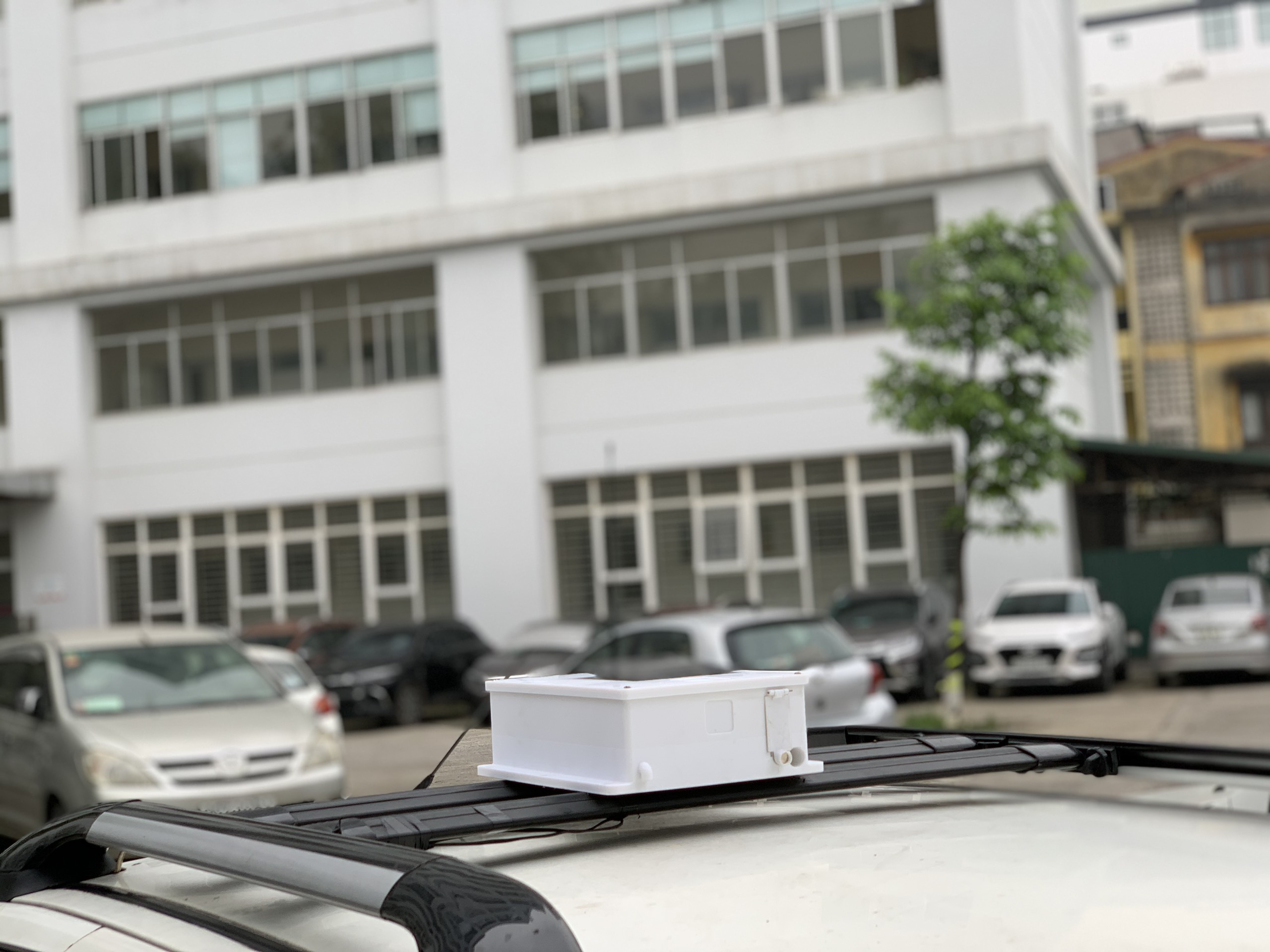
Latest Projects
Objectives
Fi-Mi’s ultimate goal is to provide an efficient system to reduce the consequences of air pollution, hence improve the quality of living. To fulfill this goal the Fi-Mi team have identified the key objectives of the project as follows:
- To design a mobile air monitoring platform following a three-tier architecture that well defines the tiers’ roles and interplay protocols between the tiers.
- To propose optimal algorithms, protocols for the related optimization problems in each tier, relying on newly introducing mathematical models for the tiers’ operations.
- To design and realize a cost-effective, high-accuracy air quality monitoring device.
- To propose novel deep learning models that accurately predict air quality in both the spatial (un-monitoring regions) and temporal (the future) domains.
- To construct a publicly available, normalized database of air quality information that aims to facilitate the related researches.
- To build a publicly available API library for analyzing and forecasting air quality.
- To deploy a testbed of the Fi-Mi system in Hanoi.
- To provide a Fi-Mi’s user interface (including a smartphone application and a web portal) that allows people to access the real-time fine-grained information of air quality in Hanoi.
